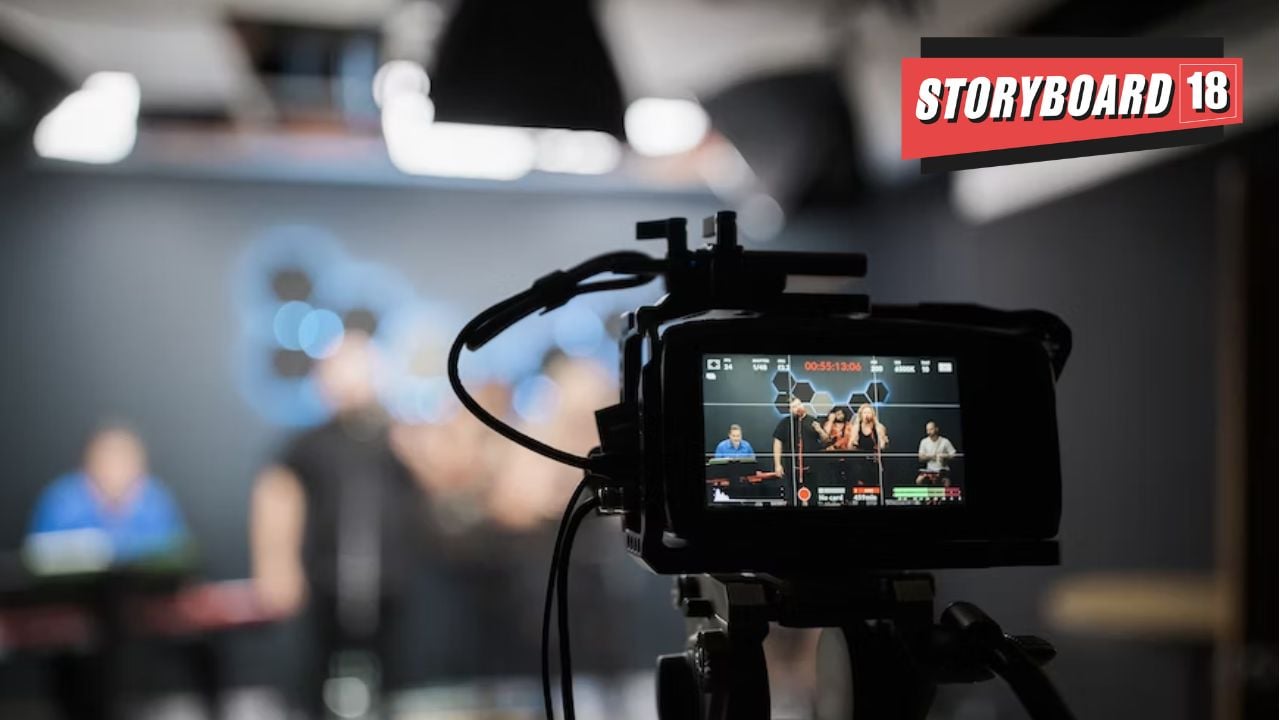In the last year and a half, vandalising production houses, the filing of random FIRs against shows on digital platforms, and cases of protest and violence against content have come down. This is thanks to the three-tier grievance redressal mechanism for over-the-top (OTT) platforms. The system has been remarkably self-sufficient in addressing user complaints and concerns. According to sources in the standards and practices departments of leading OTT platforms, 90 percent of grievances have been successfully resolved at the level one stage since the introduction of the IT (Guidelines for Intermediaries and Digital Media Ethics Code) Rules in 2021.
“Only one complaint against a regional OTT player had to escalate to level 3, which is the Inter-Departmental Committee (IDC) under the Ministry of Information and Broadcasting (MIB) responsible for handling such complaints. This demonstrates that the initial content scrutiny and adherence to Ethics Guidelines result in prompt and satisfactory resolutions for the majority of users. Introducing additional layers of OTT regulation would make the process cumbersome and economically unviable,” said a reliable source associated with a leading OTT platform.
New team
Now, the Ministry of Information and Broadcasting has proposed the formation of a team or body with members from the Indian Broadcasting and Digital Foundation and the Internet and Mobile Association of India (IAMAI), according to people familiar with the plan. The team would review scripts before a special was commissioned. Once they approve it, ensuring that it is aligned with Indian values and culture, the script can proceed to production.
Stakeholders, who have been given time to contemplate the proposal, strongly oppose it, saying it could create confusion and stifle growth.
“Opinions are sensitive subjects everywhere, not just in India but globally. The OTT space offers an abundance of shows, and protests have occurred even with past shows. In more liberal markets like the US, LGBTQ rights can be a significant concern, leading to content-related protests. The key takeaway is that people will always have opinions and need a platform to express them. The three-tier mechanism has effectively addressed this need. In fact, out of 100 complaints we receive, 80 are found to be without merit and dismissed. The remaining is promptly resolved at level one or level two,” explained another source from the standards and practices departments of a leading OTT platform.
“So, while the number of complaints at level one of the mechanism has increased due to the formal channel for voicing grievances, it has been beneficial. This platform has allowed production teams to better comprehend viewer preferences, as they are the target audience. As a result, we don’t believe there is a necessity for further scrutiny,” they added.
As per the IAMAI-Digital Publisher Content Grievances Council, a self-regulatory body for OTT platforms, between August 2021 and July 2023, a total of 15 grievances were received by the body out of which only two are pending.
The proposal for an additional layer in the self-regulation mechanism of the OTT space was first introduced during a mid-June meeting between the government and sector stakeholders. The topic was revisited in a meeting chaired by I&B Minister Anurag Thakur on July 18. The primary focus of the discussion was the responsibility of OTT players to prevent the propagation of vulgarity and abuse under the guise of creative expression. The ministry expressed its openness to further collaborations and partnerships with the sector while emphasising the need for sensitivity to the country’s cultural diversity.
Speaking of creative freedom, another source in the space raised an intriguing question: “We often discuss amongst ourselves if a film like ‘Jaane Bhi Do Yaaro’ would have been possible to be made today.”
